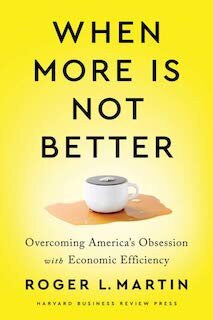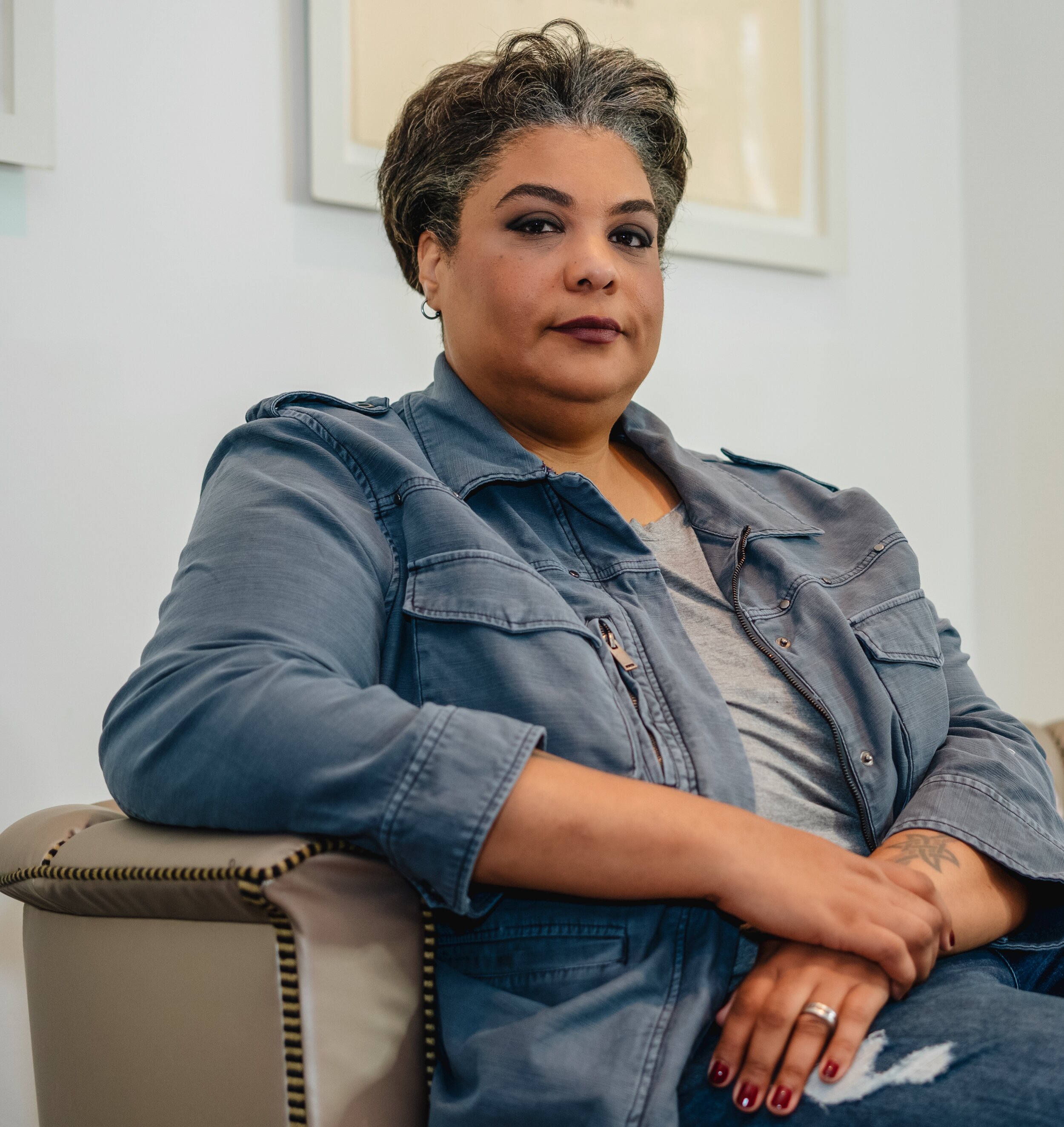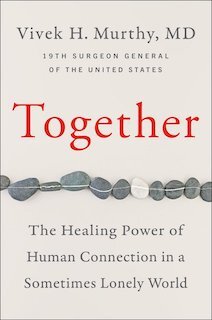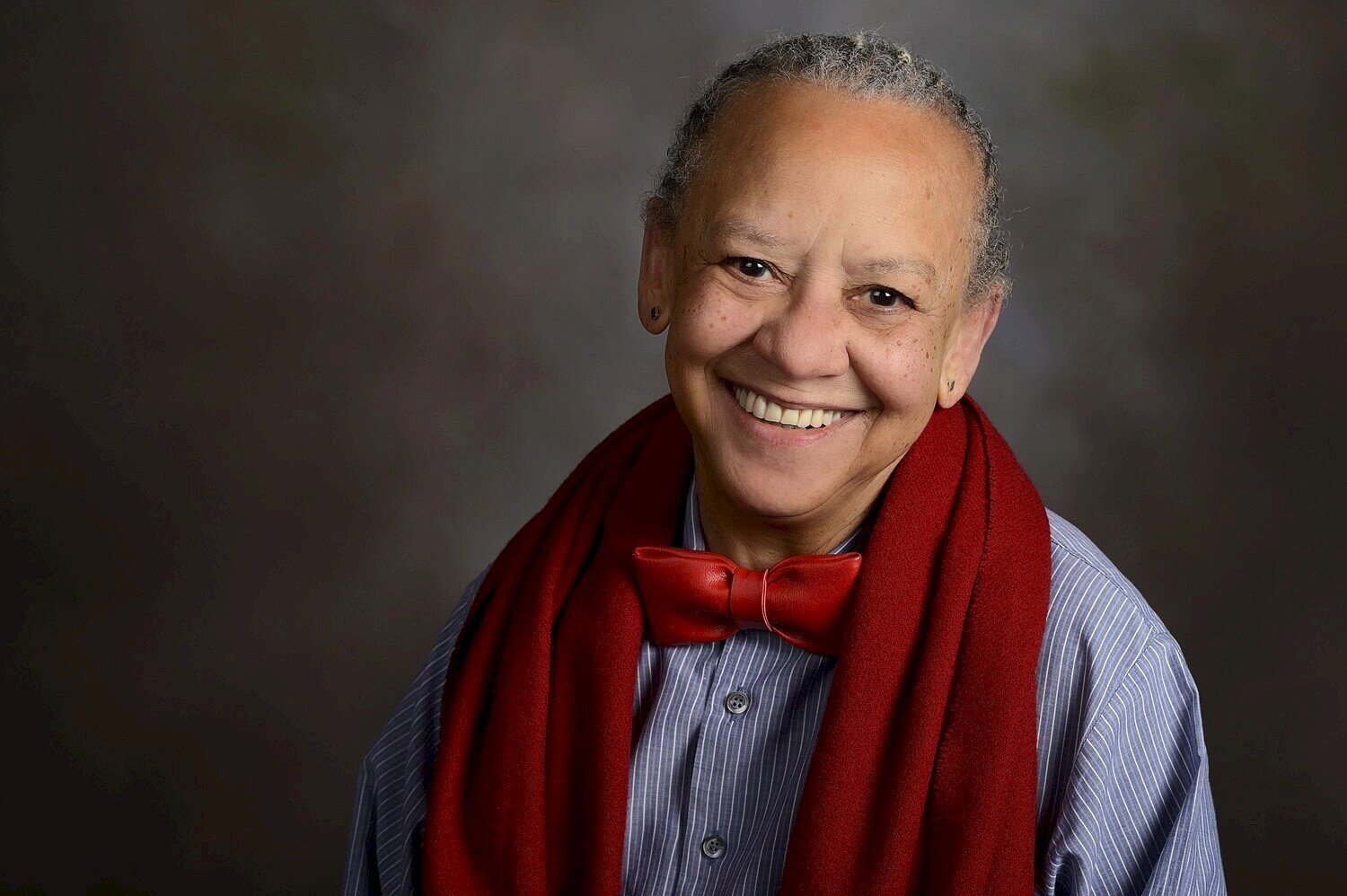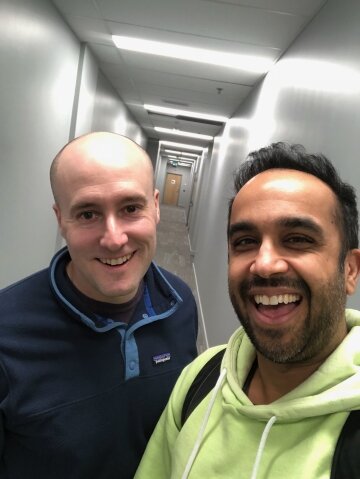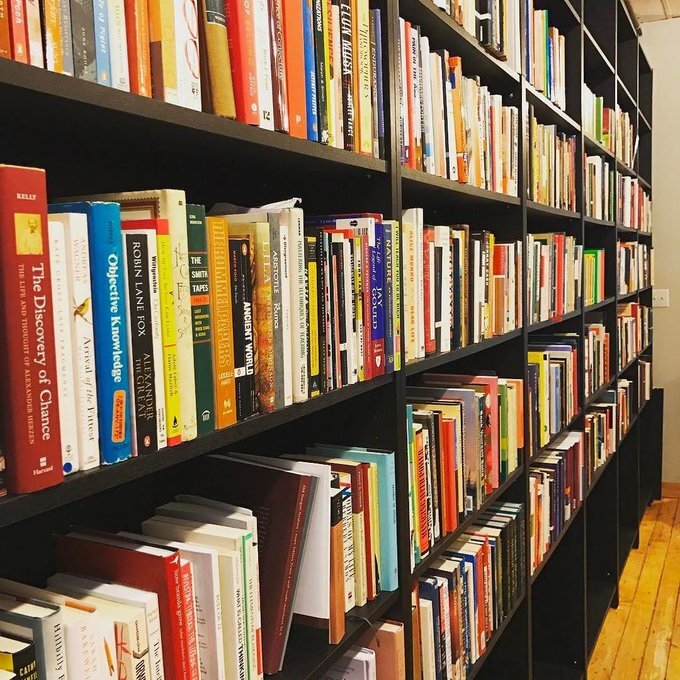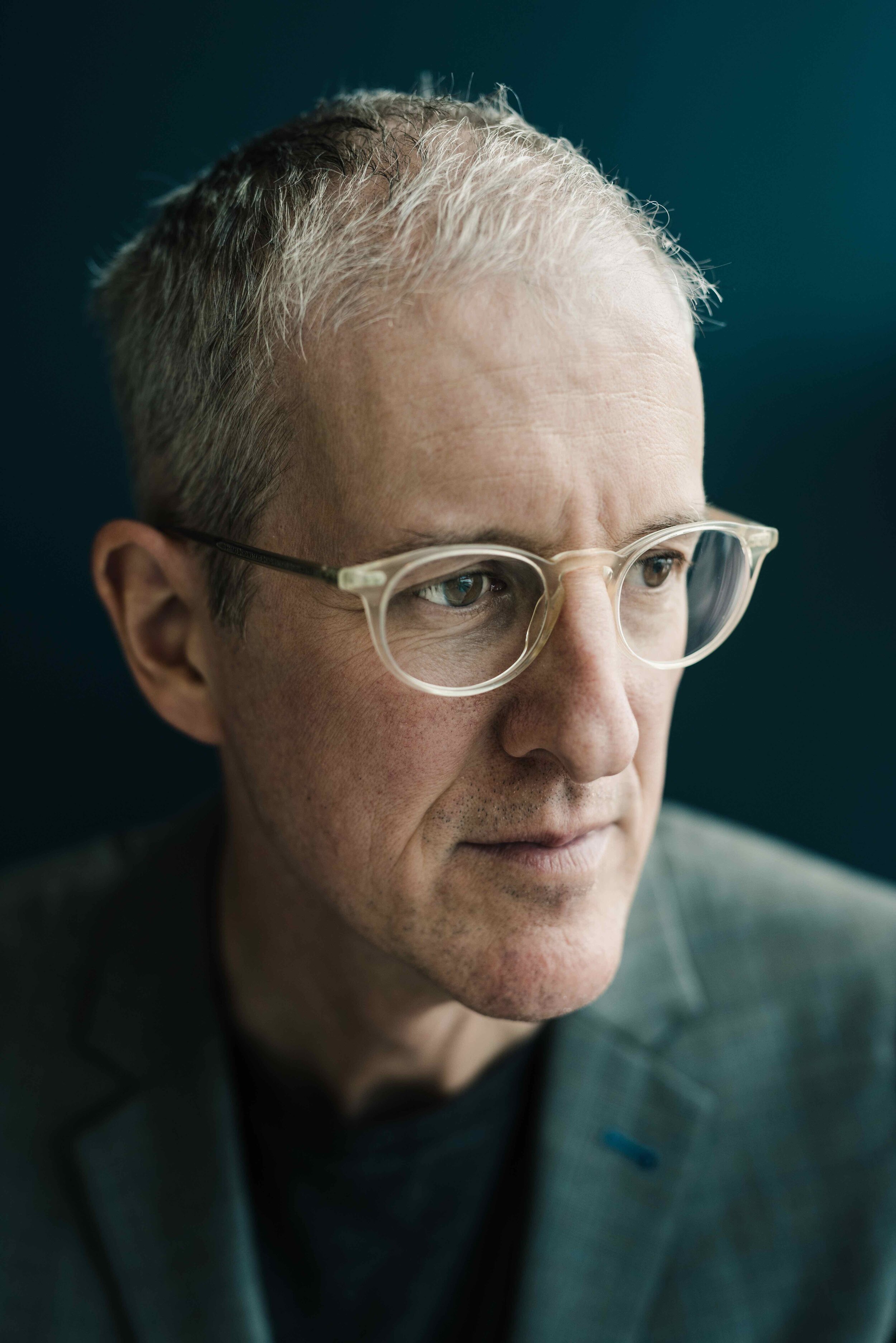Roger Martin has been called the #1 management thinker in the world by Thinkers50.
I’m not surprised.
For the past twenty years I have often been in crowds gathered around Roger to hear him speak. Like Marshall McLuhan or Malcolm Gladwell, he has a singular visionary worldview that’s simultaneously astonishingly insightful and deeply humble.
After graduating from Harvard Business School, Roger went on to be a top director at The Monitor Group, the boutique strategic consultancy firm cofounded by Michael Porter. He then became Dean of Rotman School of Management at University of Toronto, where he not only managed to 10x revenue during his tenure, but massively elevated Rotman’s status globally until it became one of the top business schools in the world. Most interestingly, he applied a series of counterintuitive management practices to placate disillusioned staff operating in a Lord of the Flies type setting.
Along the way, he’s managed to author a number of bestselling strategy books including Playing To Win and The Opposable Mind. This year, he released When More Is Not Better which I think is his best book to date. (I called it my #1 non-fiction read of 2020.) In the book, Roger calls out a very broken system of democratic capitalism, rusted from within, favouring the elite over a working class struggling to make ends meet. But, unlike most business books which sort of stop at illuminating the problem, Roger actually spends most of his time offering tangible and concrete solutions that have proven to work elsewhere.
If you are the leader of a team, a community group, or within a family, you will gain a ton of actionable wisdom from Roger Martin. There is so much here, from countering monopolies to designing slack systems and building trust.
Roger Martin is a self effacing, deeply humble genius with the power to distill complex ideas into digestible concepts.
Ready for this masterclass?
Let’s go!
What You'll Learn:
What is the real definition of capitalism?
How do we get capitalism working for the middle class?
What is “multi-homing” and how can we do it?
What are the issues with Amazon, Facebook, and other monopolies?
How should politicians really be passing laws?
How would you introduce gun control in the US?
What is slack and why do we need more in business?
Why is principled leadership so critical and what does it look like?
Why is face to face better for conflict resolution?
How can we change repetitive behaviours which do not serve us?
How do you move yourself along the path towards true mastery in any art or craft?
And, of course, what are Roger Martin’s three most formative books?
Notable quotes from Roger Martin:
“Capitalism, done well, is still the best system that I’ve seen.” - @RogerLMartin #3bookspodcast
“There is an optimum slack in every system and it isn’t zero.” - @RogerLMartin #3bookspodcast
“Stop worrying too much about convincing others; convince yourself.” - @RogerLMartin #3bookspodcast
CONNECT WITH Roger:
Word of the chapter:
wordCloud of the chapter
Resources Mentioned:
Roger’s first book [37:37]
Roger’s second book [49:26]
Roger’s third book [55:19]
The Alliance for Converging Technologies (defunct)
Books & Books - Florida book chain
Enjoy the show? Use the Links Below to Subscribe:




